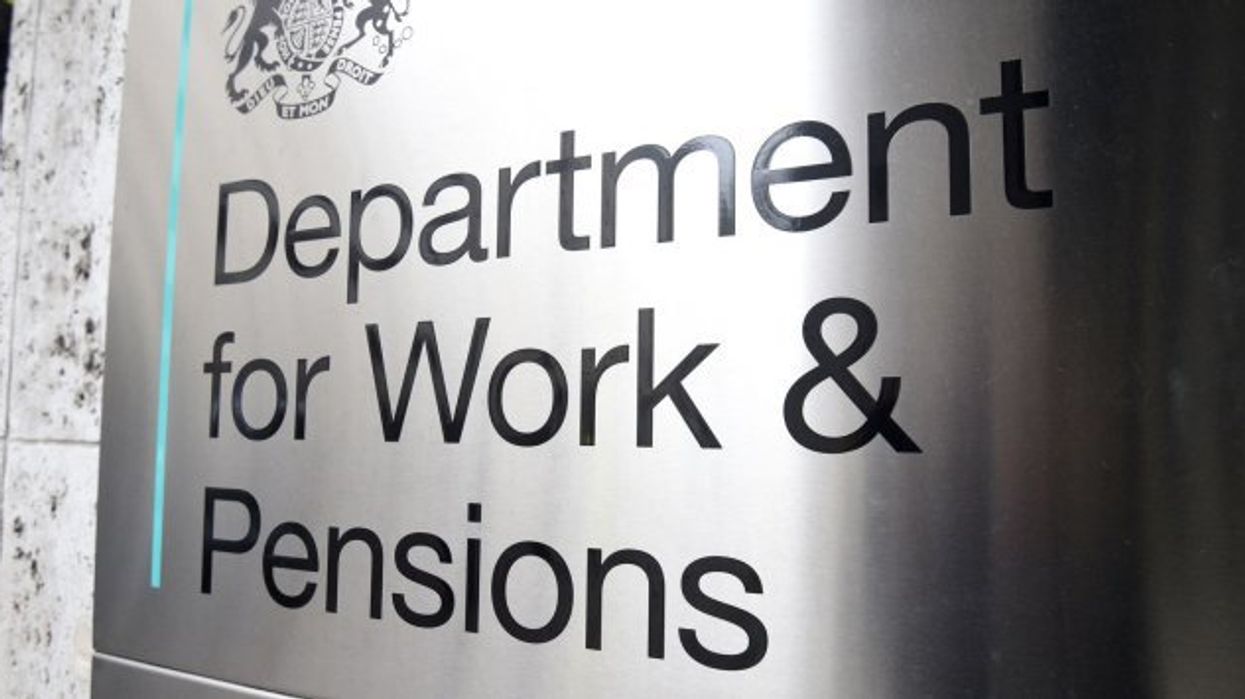State pension payment date to change for millions this month in shake up from DWP

State pension payments will come three days in advance
| PA
The Department's offices and phone lines will be closed on August 28
Don't Miss
Most Read
State pension recipients are to be paid their allowance early this month by the Department for Work and Pensions.
Those who get the monthly payments will receive their money three days quicker than they ordinarily would.
The state pension is usually paid every four weeks.
But if the date a payment is due falls on a bank holiday or weekend, the money will be given out on the last working day.
 State pension payments due on Monday, August 28 will be paid early this year | PEXELS
State pension payments due on Monday, August 28 will be paid early this year | PEXELSIt means that state pension money will be given this Friday, August 25 instead of the following Monday.
The Department's offices and phone lines will be closed on August 28 because of the Bank Holiday, and officials say that the change in payment date will give staff the time to address any queries from recipients.
Those who receive benefits such as Tax Credits will also receive their payments on Friday.
If a payment is late in arriving, Britons are told they should check the date on their award notice and contact their bank before contacting DWP.
LATEST DEVELOPMENTS:

State pension money will be given this Friday, August 25 instead of the following Monday
| PEXELSGov.uk explains: "Benefits are usually paid straight into your bank, building society or credit union account.
"If your payment date is on a weekend or a bank holiday you’ll usually be paid on the working day before."
While the early payment may sound it good news, it means that millions of Britons will get their money early, it also means that the gap between this month's payment and the next one will be slightly longer.
State pension payments have risen significantly this year due to high inflation.
Those qualifying for a full new State Pension receive £203.85 a week, while those on basic State Pension receive £156.20.
Pension payments are protected by the state pension triple lock, which means retirees are set for another big rise next year.
The mechanism sees pension payments rise each year by the highest out of inflation, average earnings, or 2.5 per cent.
Average earnings have increase by approximately seven per cent over the last 12 months.










